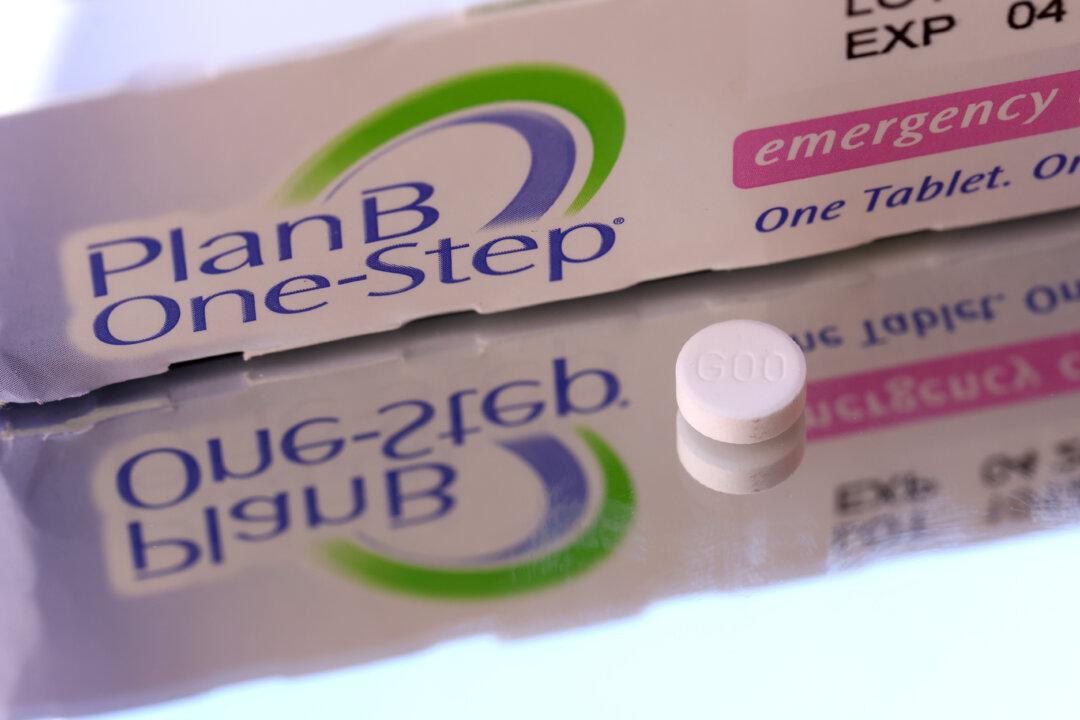Australian women in several states have cut 10,000 general practitioner (GP) appointments after local governments loosened restrictions on contraceptive pills.
This comes after state governments in Victoria, New South Wales (NSW), and the Australian Capital Territory (ACT) implemented a trial that allowed eligible women to get up to one year of contraceptive pills from pharmacies without the need to visit a GP.





